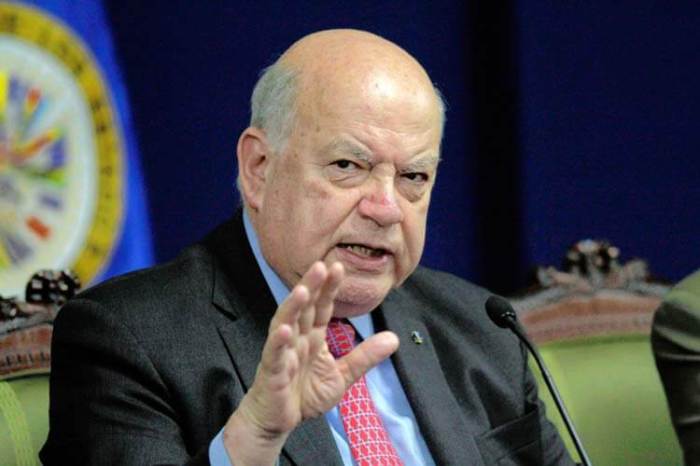Black women today yield significant political power as the most reliable Democratic voters. Yet, despite growing political importance, they score at the very bottom when it comes to virtually every economic indicator from education to lifetime earnings to household wealth. Some past history that shapes black women’s lives just aren’t changing fast enough.
I grew up with no father and an addicted mother, I raised myself, became a mother at 15, dropped out of school, and struggled to support my child and siblings. It was a dark time. Living with poverty, surrounded by substance abuse and being neglected, I didn’t think much about the future. But nothing was as dark as waking up in a jail cell without remembering how I got there.
More than 1 million women are behind bars in the United States. Two thirds are women of color, and more than a third of those incarcerated for drug offenses. Eighty-five percent have been victims of violence, rape, sexual assault, neglect and child abuse.
A recent report shows that over the past two decades, the percentage of girls growing up the way I did who get prison sentences jumped from 20 percent to 50 percent. The number of women in prison is now rising at nearly double the rate for men. Many of these women are mothers criminalized for being addicted while pregnant. Last year, Tennessee passed a law that made it a crime to be addicted while pregnant.
The right intervention for addiction is treatment, not prison, but women of color disproportionately get punishment instead of treatment. Girls of color who have lived with abuse are more likely to be labeled as offenders than white girls.
I was arrested 19 times before I turned 18 . No adult ever asked what was wrong or what was leading me down this road of bad decisions and bad consequences. There was no intervention before going to prison, while in prison, or even after — when it could have helped accelerate the healing of my family. Most incarcerated women have little or no access to drug treatment, even though nearly 75 percent of them were using drugs before their arrest. Nor is there much available treatment to help abused women recover.
There’s also little counseling or parenting education for incarcerated women, even though most inside, like myself, are mothers. And there’s scant legal or advocate support for women coming out of prison and seeking to regain custody of their children.
Like men, women coming home face employment challenges, but they often face more even barriers in getting assistance for themselves and their kids if they’ve been convicted of a drug offense.
In the six years since I came home from jail, I have earned my GED, obtained an associate’s degree, and become an advocate for changing policies to better serve people returning home after incarceration. I’ve reunited with my sons and kept them close, assuring them they won’t experience the life I knew at their ages. I’m a trained advocate, mediator, mentor and leader in the fight to end mass incarceration.
Had I known that in my state, California, 54 percent of drug-related prison sentences go to women of color, even though women of color are only 38 percent of the population, I wouldn’t have been so surprised to end up in prison like growing numbers of other young women.
My story inspires others to work for change, too. But it’s an uphill fight, especially for women. I’ve been there, and know it takes more than inspiration, vision and dreams to change Black history.
My work now focuses on redefining public safety by helping people being released from jails and prison to become whole in our society. My goal is reduce recidivism by dealing with conditions that led to incarceration to begin with, and facilitating recovery from the pain and disenfranchisement of incarceration and the conditions that led to it.
A record number of women of color in prison is becoming part of our shared Black history, a by-product of systemic racism, sexism, and oppression that continues to persist. My story is evidence that history doesn’t have to be our destiny; it’s time to address the past so we can build a future worth celebrating for Black women.
Walker is the lead community organizer working to end mass incarceration at The Safe Return Project in Richmond, California, and a formerly incarcerated mother of two boys. American Forum.

























